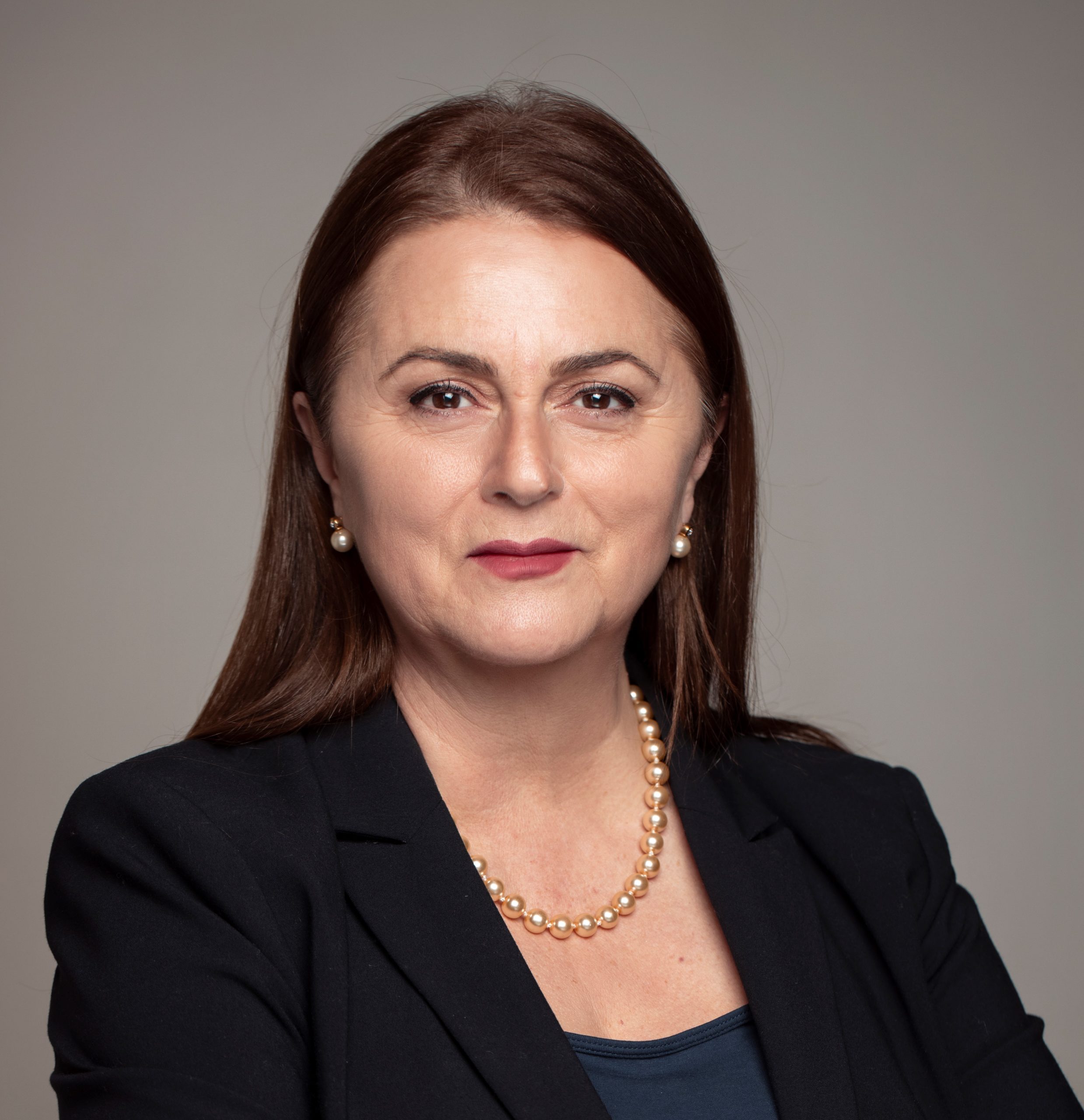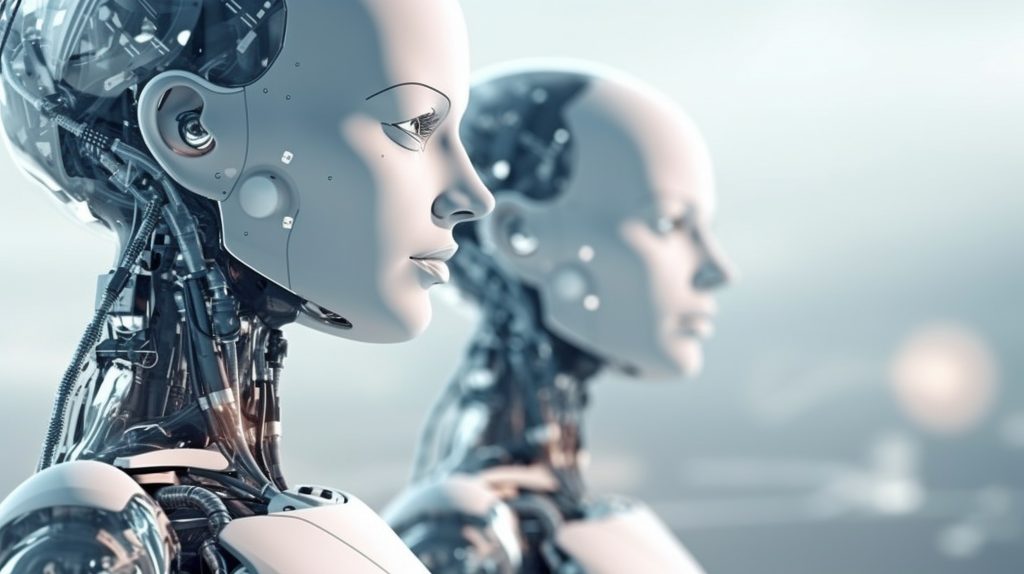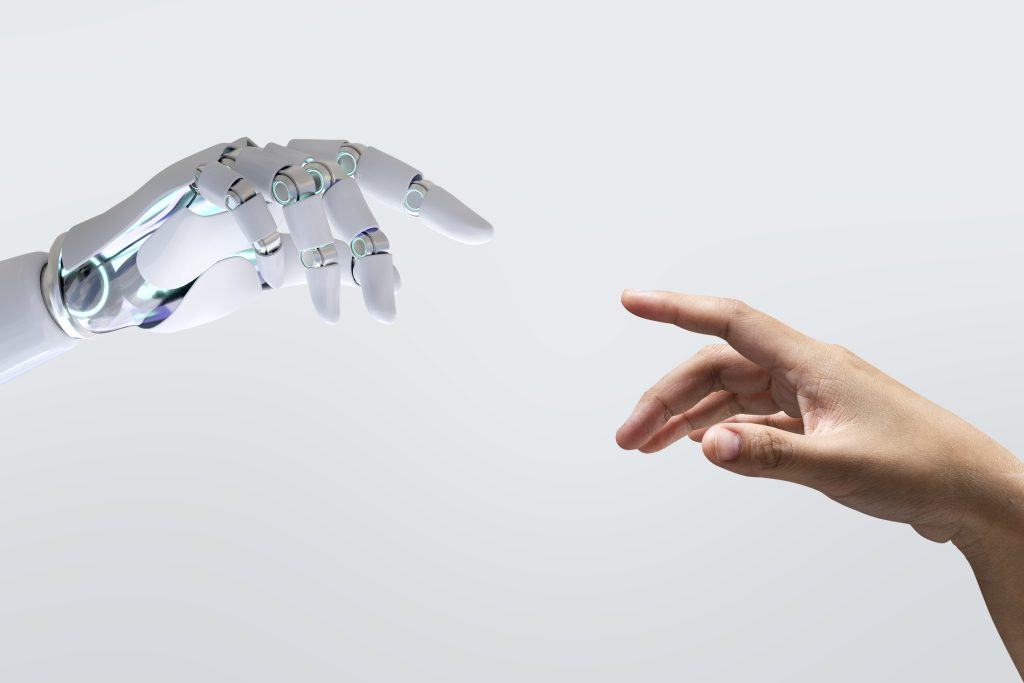
Interview with Ms Teuta Sahatqija
In this special interview, we have the privilege of exploring the remarkable journey of Ms. Teuta Sahatqija. As the CEO of Appoint Group and an Ambassador for Women in Tech Kosovo, Ms Teuta Sahatqija’s impactful speech at the EU TACSO 3 event left an indelible mark, sparking a desire to delve deeper into her experiences and insights. With over three decades of advancing gender equality in tech, Mrs Sahatqija’s dedication to empowering women in this dynamic field is both profound and impactful. Her journey is not just a story of professional success but a beacon of inspiration, highlighting the transformative power of determination and visionary leadership in technology. In our interview with Ms. Teuta Sahatqija, we discuss key issues like the integration of AI in Civil Society Organizations (CSOs), digital security challenges, legislative impacts on AI, and strategies for empowering women in tech, all through the lens of her extensive experience and visionary perspective.
How does the organisation aim to influence the tech industry, particularly for women? How do you envision digital transition impacting the core missions of Civil Society Organizations (CSOs)? In what ways can AI tools enhance the effectiveness and decision-making processes within CSOs?
Civil Society is a vital part of every democratic society, being the first one to address the challenges and the needs of the society. CSOs influence governments to bring new legislation and adapt the old ones to new requirements of society. In this fast track of the Artificial Intelligence era, CSOs need to be up to date with the latest developments, understand how AI works, to be aware of its huge social impact that will soon be very present and will bring changes that need concrete measures and to be able to use AI tools to enhance their work. CSOs need to be equipped with the know-how of AI and integrate it into their everyday operations, planning new projects that will have a strong impact on society and adapting decision-making in order to benefit the most from this powerful technology.
What are the key challenges CSOs face when integrating AI, and how can they be addressed?
AI requires technical skills, or at least understanding in technical terms the way AI operates and how it impacts society. In the past, these technical skills were not seen as necessary to be enforced within the CSO ecosystem. I think that CSOs need to be equipped with introductory knowledge on how AI works, its social impact and how to use AI tools in their everyday work.
During your speech at the EU TACSO event, you mentioned the challenges of privacy, digital security, and the digital divide. What strategies do you recommend for CSOs to navigate these challenges while adopting AI technologies?
AI brought a huge power into the hands of people; at the same time, it opened the possibilities to replicate existing biases in society and, even worse, to empower them. Challenges such as cyber security, digital security, digital body rights, digital human rights, digital privacy, and the digital gender divide emerged as important and not addressed issues. CSOs need to be on the front line of addressing these issues and influence governments and international organisations to focus on addressing and finding solutions to these issues that already are impacting people’s lives. Especially women and girls are mostly touched by these new technologies in their privacy and digital rights, as well as in their access to job markets.

What role do you see for legislative actions, like the EU’s AI Act, in shaping the responsible use of AI?
EU AI Act is the first one of that kind that tends to regulate AI and address the need for responsible technology for humans. It is an important piece of legislation that will influence countries’ governments to transpose it to their local laws and regulations. CSO’s part in this process is of the utmost importance to influence the drafting of the appropriate legislation, to take part in this process, to oversee the implementation, and to address the challenges.
Why is diversifying data sets important in digital transition and AI development, and how can it be achieved? How can we ensure AI algorithms are developed to be inclusive and representative of diverse populations?
Although AI seems like something natural and scary, it is, in the end, software written by humans with the data sets provided by humans. Due to its extremely high computational power, AI will have a strong impact. The existing datasets reflect the biases already engrained in society and in data sets.
To ensure minimising the biases, we need to work in different paths:
- With ICT companies and developers to raise awareness and seek diversity in every step of developing AI software
- With Government and regulation authorities adopting the EU AI Act and translating it to local legislation and regulation, CSOs raise awareness in society and play the role of the watchdog in the implementation.
- Media to be the allies and demystify Universities to work with students, engineers, lawyers, medical students, etc.

Considering your work with Women in Tech in Kosovo, what educational initiatives do you believe are crucial for empowering young women and those over 30 to navigate and succeed in the digital era?
Women in Tech Kosovo has a plethora of different activities raising awareness about AI, its benefits, and the possible risks and especially proud of the work on the ground, in different municipalities with women and girls, training them about AI, using AI tools for their everyday work, preparing them for the future works that technology will create. Women in Tech Kosovo has a project supported by Netherlands MATRA, in cooperation with Ipko Foundation. This project is 18 months long, and among other activities, we worked with women and girls in 5 municipalities about cybersecurity.
The other part that starts in January is about AI, introduction to the technology and using the AI tools for future jobs. Another project with UN WOMEN will cover 12 municipalities, and we have already covered 5. The project is about the digital empowerment of women entrepreneurs and farmers, where, for the first time, we included training about AI tools like ChatGPT, Bing, Stable Diffusion, Midjourney, Canva and others with a direct impact on their businesses. We have other projects with UN MIK working with marginalised women for their digital empowerment and business use of AI in Prishtina and Gracanica. Next year, our plans are very ambitious with a strong impact on women in the front of AI.
As a leading figure in this field, what has been your personal journey in tech, and what advice would you offer to aspiring women interested in technology?
I always knew I would be an engineer since my preferred toys were not dolls and toys but a box of 50 electrical experiments and astronomic goggles.
It was not an easy journey. I enrolled on a very special high school for talented children in mathematics and continued in the Electronics faculty, where I mastered Electrical Engineer and Computer Sciences. I am one of the first women programmers in Kosovo, starting writing commercial software for big companies in 1985. In these modern times where knowledge is so accessible, and the computational power alongside internet infrastructure is more powerful than ever, I recommend that girls trust in themselves, aim high, join Women in Tech and help other girls do the same.
Reflecting on the outstanding developments in the digital and AI field in 2023, how do you envision the landscape evolving in 2024 and beyond? What would be your New Year’s message?
AI will develop exponentially and will require people with digital skills more than ever. It will require agile and openminded government to enable the use of AI tools and, at the same time, to be able to protect people from harm that can be caused. We need strong CSOs with AI to know how to be able to play their important role. I will finish this interview with the joint human-AI closure: As we reflect on the transformative power of AI in the past year, it becomes evident that we stand at the threshold of unparalleled possibilities. The synergy between human ingenuity and artificial intelligence is not merely a collaboration; it’s a symphony of innovation that promises to redefine our future. Let us embrace the potential of AI with mindful optimism, steering its course towards a harmonious coexistence where the pursuit of knowledge and the advancement of humanity converge in brilliant cooperation for a bright future.
